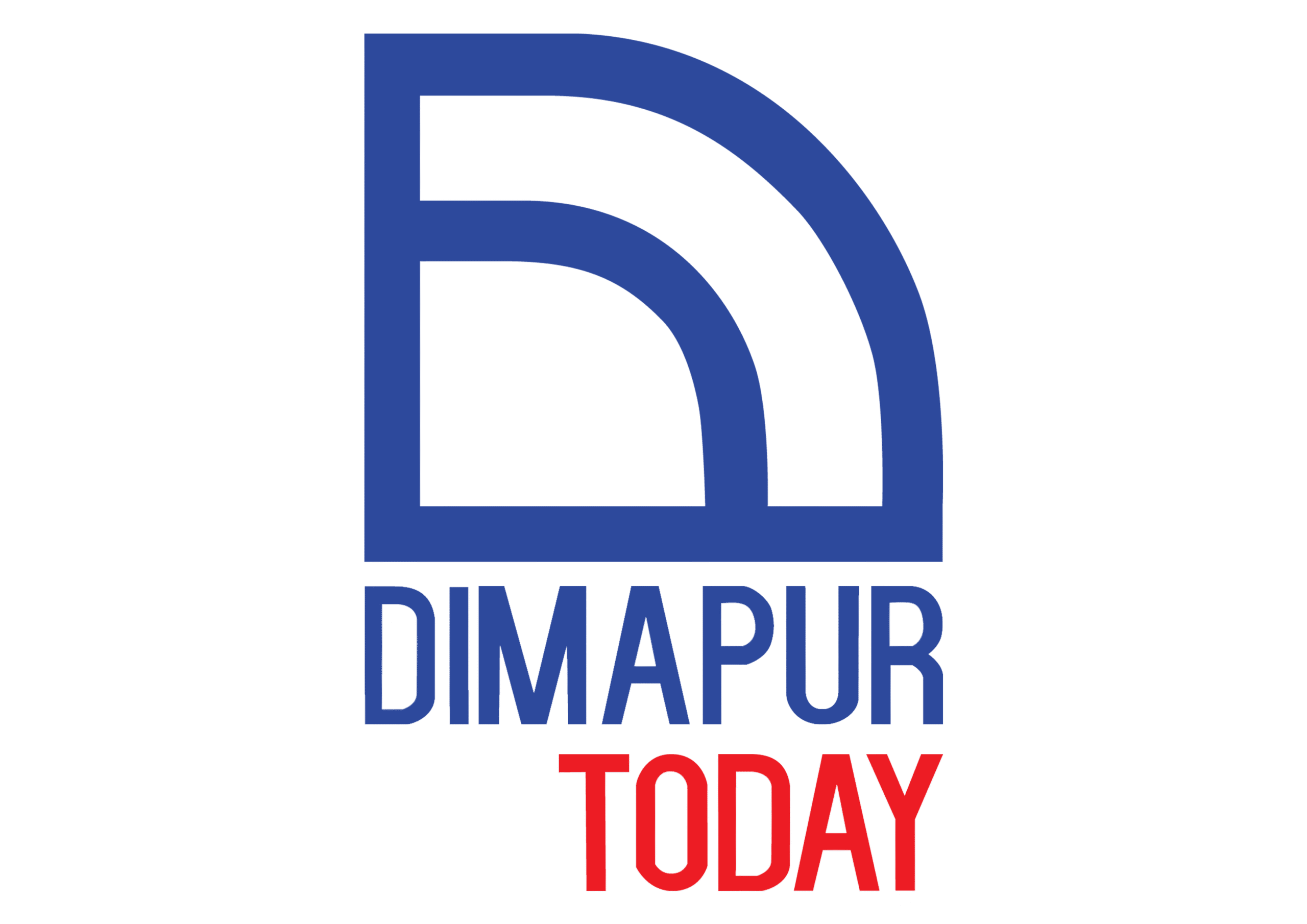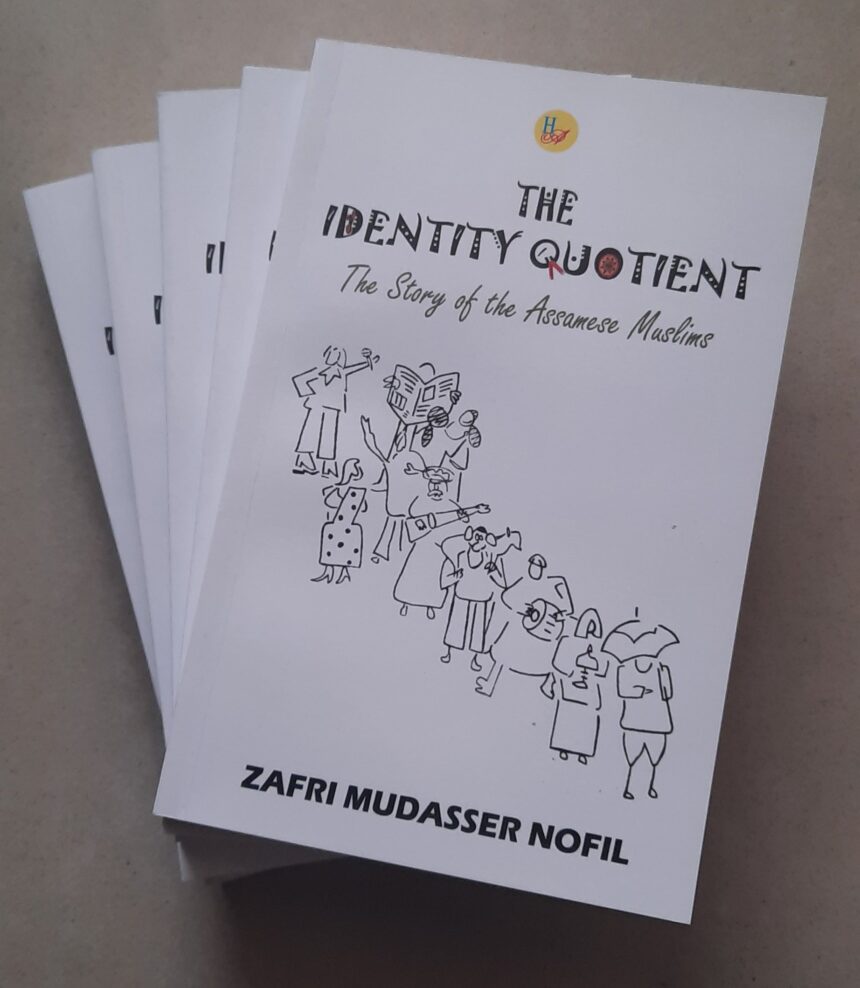Understanding the Identity of Indigenous Assamese Muslims
“Not All Muslims in Assam Are Migrants — Exploring the Distinct Identity of Assam’s Indigenous Muslim Communities”
1. Introduction
Assam, a land of diverse ethnicities and cultures, is home to a group of Muslims who identify not just by religion but by a deep-rooted ethnic, linguistic, and cultural connection to the land: the Indigenous Assamese Muslims. Contrary to widespread assumptions, not all Muslims in Assam are migrants or of Bangladeshi origin. This article explores the history, identity, cultural practices, and challenges faced by these indigenous communities.
2. Who Are the Indigenous Assamese Muslims?
The term “Indigenous Assamese Muslims” refers to those Muslim communities who have:
- Historical roots in Assam, often going back several centuries
- Adopted the Assamese language and customs
- Integrated into the broader Assamese ethnic and social fabric
These communities include: Goria, Moria, Deshi, Syed, and Jolha.
3. Historical Background
Muslims first arrived in Assam as early as the 13th century through military campaigns, Sufi missions, and trade. Notable historical contributors include Azan Fakir, a Sufi saint who spread Islam peacefully and assimilated with Assamese culture. Many Muslim artisans, soldiers, and cultivators settled in Assam, intermarried with locals, and adopted the Assamese way of life.
4. Cultural Identity
Indigenous Assamese Muslims are culturally Assamese:
- Language: Assamese is their mother tongue
- Festivals: Celebrate Eid, Muharram, as well as Bihu and local festivals
- Dress and traditions: Blend with mainstream Assamese customs
- Art & Spirituality: Influenced by Sufi traditions and Assamese devotional music
5. Contemporary Issues and Challenges
Despite their deep historical roots, Indigenous Assamese Muslims often face:
- Misidentification as Bangladeshi immigrants
- NRC exclusions despite ancestral land records
- Lack of political representation in key policymaking bodies
- Limited access to reservation or welfare benefits
There is an ongoing demand for official recognition as a “distinct indigenous minority” to ensure protection of their rights.
6. Recent Developments
In 2021, the Government of Assam took steps to identify and support these communities. Efforts include:
- Recognizing Goria, Moria, Deshi, Syed, and Jolha Muslims as indigenous
- Proposals for skill development, education aid, and land rights protection
- Collaboration with community leaders and CSOs
7. Distinction from Migrant Muslims
| Criteria | Indigenous Assamese Muslims | Bengali-Origin Migrant Muslims |
|---|---|---|
| Language | Assamese | Bengali (often Sylheti dialect) |
| Cultural Practices | Assamese traditions and customs | Bengali customs and festivals |
| Migration History | Pre-British, Medieval Era | 19th–20th century (British rule, Partition, etc.) |
| Self-identity | Ethnic Assamese + Muslim | Ethnic Bengali Muslim |
8. Conclusion
The Indigenous Assamese Muslim communities are an inseparable part of Assam’s cultural and historical fabric. Their struggle is not for special status, but for recognition, dignity, and rightful inclusion as original inhabitants of Assam. At a time when identity politics and migration debates dominate headlines, it is vital to safeguard their legacy as sons and daughters of the soil.
Tags: Indigenous Assamese Muslims, Goria Moria Deshi, Assam Muslim Identity, Assamese Culture, NRC Assam, Ethnic Identity in Assam, Azan Fakir, Assamese Muslims vs Bengali Muslims, Assam Politics, Himanta Biswa Sarma






